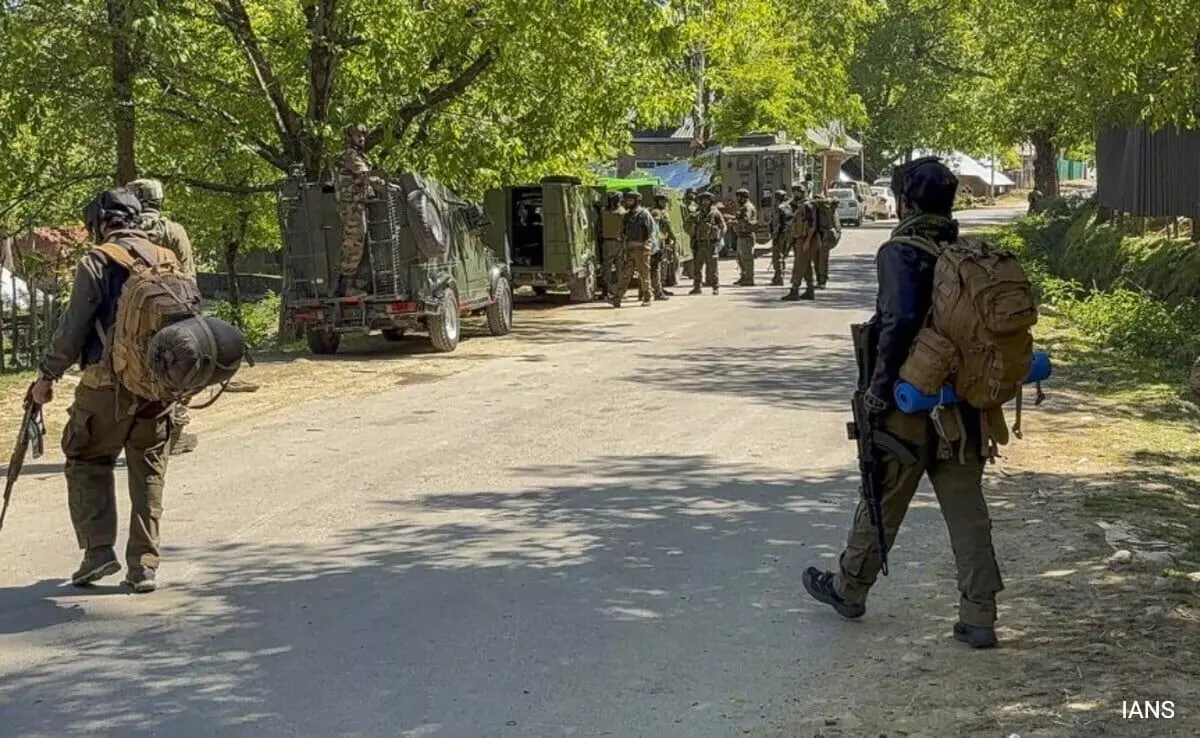Rising Tensions: The Aftermath of the Pahalgam Terror Attack

In April 2025, a tragic event shook the serene landscapes of Pahalgam, Jammu & Kashmir, as a terror attack claimed the lives of 26 innocent tourists. The attack, attributed to the Resistance Front, a faction linked to the notorious Lashkar-e-Taiba, not only led to immediate sorrow but also escalated tensions between India and Pakistan. As I delve into the repercussions of this incident, it becomes clear that the implications extend far beyond the immediate tragedy.
Following the attack, the Indian government swiftly downgraded diplomatic ties with Pakistan, mirroring actions taken by Islamabad. The closure of airspaces between the two nations was one of the most significant measures, impacting not just military operations but also civilian aviation. Air India estimated losses up to $600 million due to rerouted flights and increased operational costs. This illustrates the extensive reach of the attack's consequences, affecting economies and livelihoods.
The emotional toll on families of the victims is heartbreaking. One widow, Ashanya, expressed her anguish, emphasizing her desire for her late husband to be recognized as a martyr rather than seeking financial compensation. Such sentiments resonate deeply within the Indian public, who are calling for justice and accountability. Internationally, support has poured in, with U.S. Secretary of Defense Pete Hegseth offering condolences and reaffirming America's commitment to support India in its fight against terrorism. This solidarity highlights the global implications of the attack.
In a concerning twist, Maharashtra Cyber reported an uptick of over 10 lakh cyber attacks following the Pahalgam incident. Many of these attacks were traced back to sources in Pakistan and other regions, indicating a coordinated effort to destabilize Indian systems amid rising geopolitical tensions. The potential for cyber warfare adds a new layer to the conflict, showcasing how modern warfare tactics evolve alongside traditional military confrontations.
The political landscape in India has also been shaken. Leaders across the spectrum have united in their demand for strong action against terrorism. Union Home Minister Amit Shah's declaration that India will “hunt down” the perpetrators of the attack reflects a collective resolve to address the threat of terrorism head-on. Furthermore, the Congress party’s call for martyr status for the victims indicates that this tragedy is not just a security concern but also a rallying point for national unity.
As I reflect on the ongoing situation, it’s evident that the Pahalgam attack has catalyzed a series of reactions that will influence India-Pakistan relations for years to come. Both nations remain on high alert, with military readiness heightened along the Line of Control. The international community is also closely monitoring the situation, as any escalation could have broader implications for regional stability.
In conclusion, while the immediate grief and anger following the Pahalgam attack are palpable, the long-term effects are multifaceted. From diplomatic ties to national security and public sentiment, this incident has woven a complex narrative that will continue to unfold. It serves as a stark reminder of the fragility of peace in the region and the enduring impact of terrorism on the lives of individuals and nations alike.
